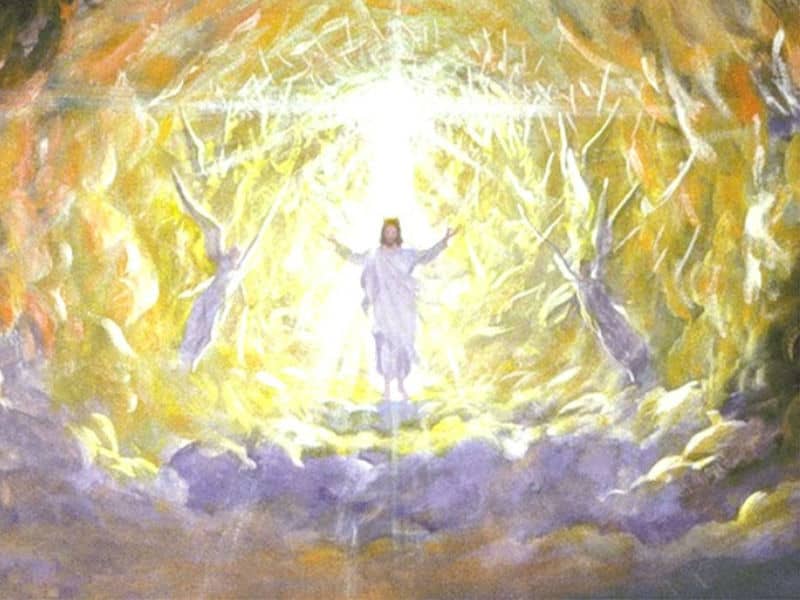Thursday is the 49th annual National Day of Prayer. That is, unless some idiot judge decides it constitutes an establishment of religion, tends to promote a particular faith and/or is offensive to the hypersensitive.
In years past, there have been more than 20,000 prayer events across the country. In 1999, 500 inmates held a prayer service at California's Folsom prison. This year, in San Francisco, a group of motorcyclists will pray as they drive around the city.
If you don't think this nation needs prayer, desperately, then you haven't been paying attention to the news lately.
The day before Easter (nice timing), a gang of federal goons - with automatic weapons - invaded a religious home in Miami and snatched a child from his family with the ultimate objective of sending him back to a country where atheism is the official doctrine.
Last week, the Supreme Court heard arguments on whether the Boy Scouts will be forced to violate their principles by accepting homosexual leaders. An acknowledgment of God is a key component of scouting, and 60 percent of chapters are sponsored by religious bodies. But in Brave New America, a warped definition of equality negates the conscience of believers.
A three-judge panel of the 6th U.S. Circuit Court of Appeals declared Ohio's state motto, adopted in 1958 - "With God, all things are possible" - in violation of the First Amendment. "This is may be the blandest statement about God that has ever been struck down," says Douglas Laycock, a law professor at the University of Texas. The court reasoned that since the phrase comes from the Book of Matthew, it constitutes an endorsement of Christianity.
What about "In God We Trust," on our currency and in our national anthem ("And this be our motto, in God is our trust")? Since it comes from the Book of Psalms, does it constitute government endorsement of Judaism?
Writing for the court's majority, Judge Arven Cohn notes that the Supreme Court has never ruled on the constitutionality of "In God We Trust." If Al Gore makes the next three Supreme Court nominations, count on it.
The courts have taken a First Amendment prohibition on the establishment of a national church and transformed it into a ban on any connection of government and religion, however innocuous, that gets more absurd with each passing year. School prayer, student-led invocations, creches and menorahs on public property - all have been declared the constitutional equivalent of the Church of England.
That this is the furthest thing from the Founders' intent seems not to matter. The Pilgrims weren't secular humanists. The first Congress, which voted for salaried chaplains, wasn't the 18th century counterpart of the ACLU.
On his deathbed, President Andrew Jackson pointed to a nearby Bible and exclaimed, "That book is the Rock upon which our republic rests." Now, 155 years later, America is ruled by unelected militants who have determined that the Rock of our republic (the book on which every president from Washington to Clinton has taken the oath of office) is a mortal threat to our republic, that if Ohio is allowed to quote the New Testament in its state seal, tomorrow citizens will be baptized at gunpoint.
The answer to this pigheaded, truncheon-wielding, state-enforced secularism is not to throw up our hands in despair. When things look hopeless, prayer is all the more essential.
Throughout the darkest days of this century, in the death camps and gulags, there was prayer. Before Cassie Bernall was murdered at Columbine High School a year ago for saying she believed in God, the 17-year-old probably said a silent prayer.
Did these appeals to a much higher court help? Nazism is gone. After the liberation of Eastern Europe and the Soviet Union's demise, communism is on the wane. Perhaps one day soon secularism will join its brother isms on the editing floor of history. With God, all things are possible.

